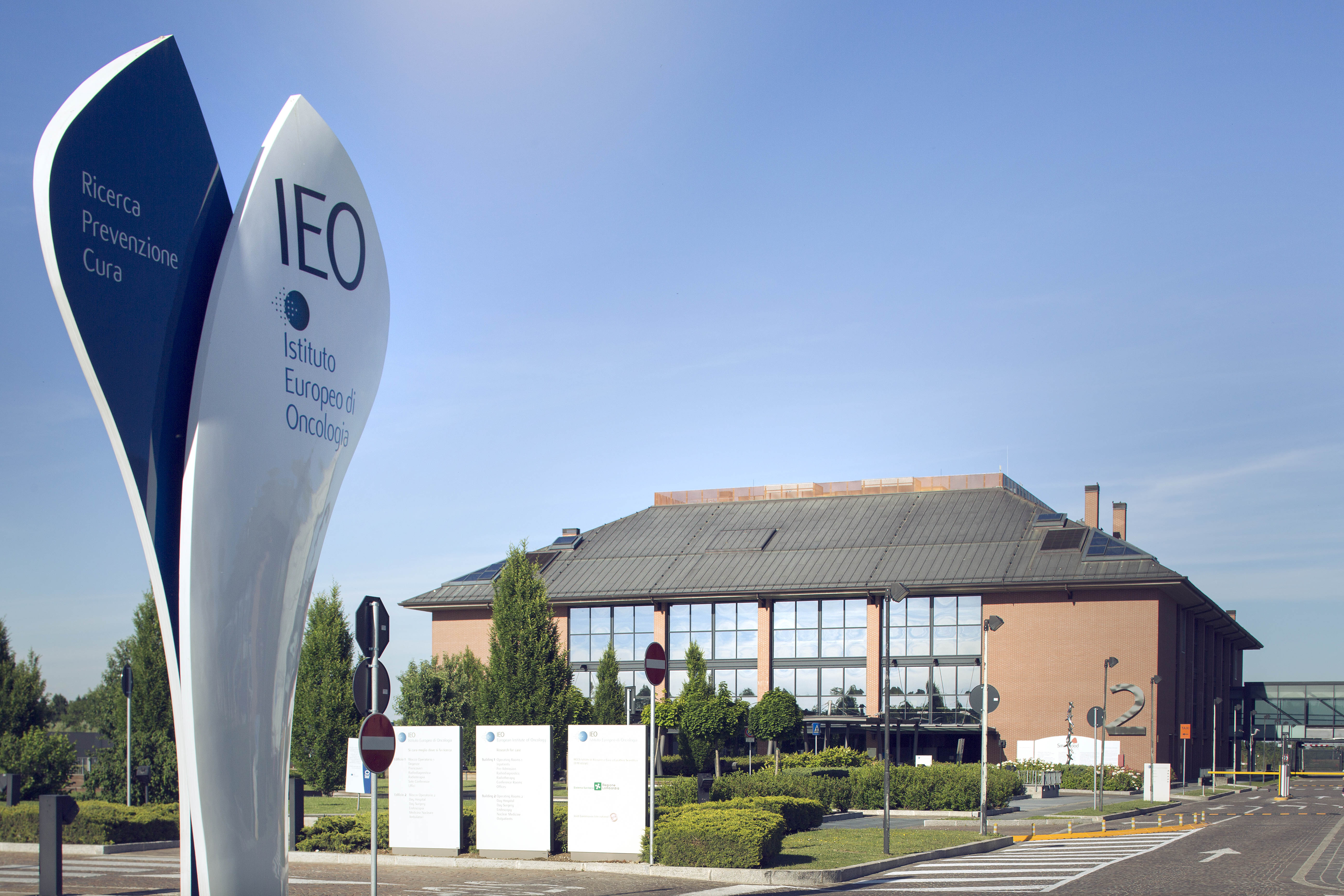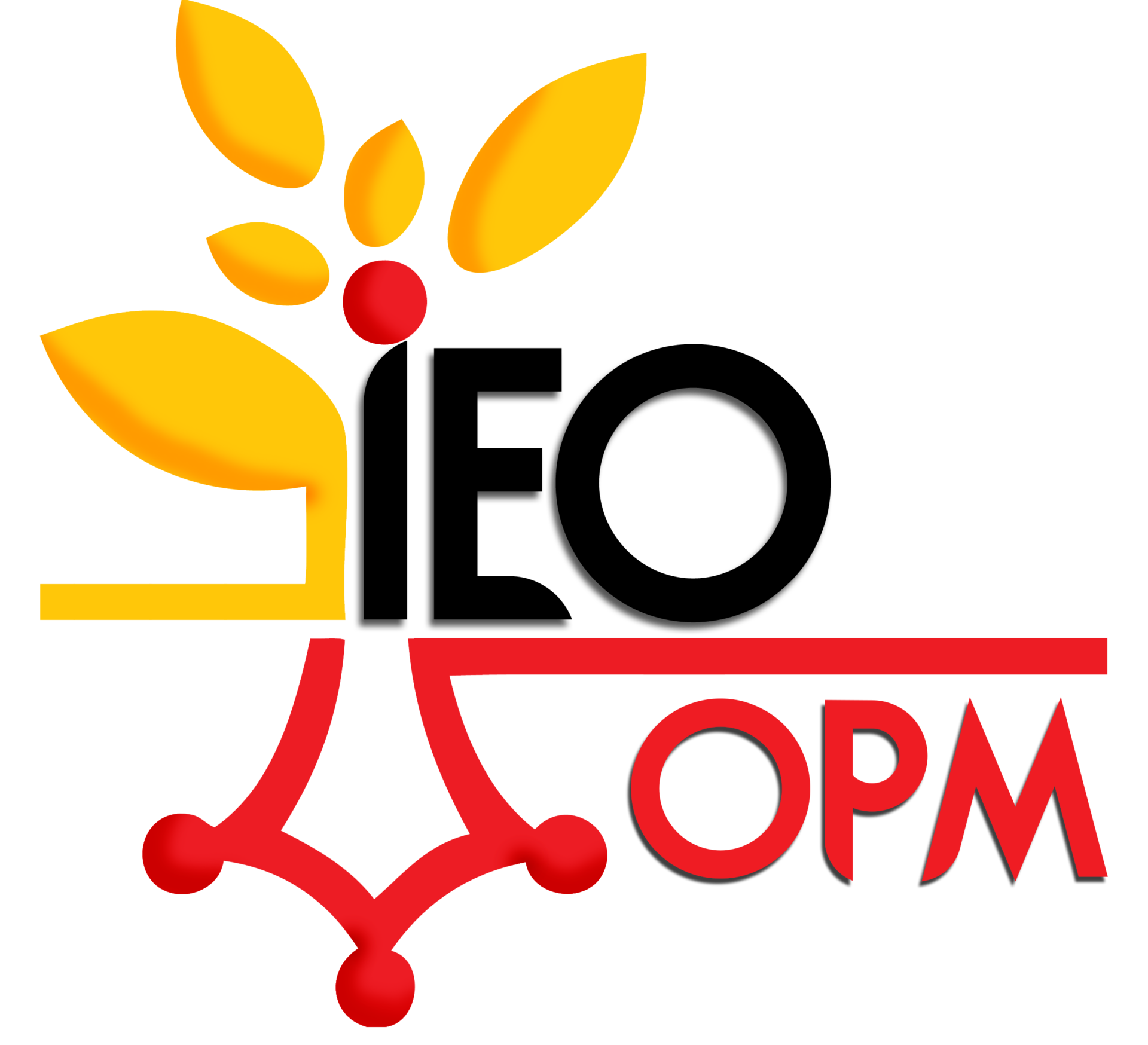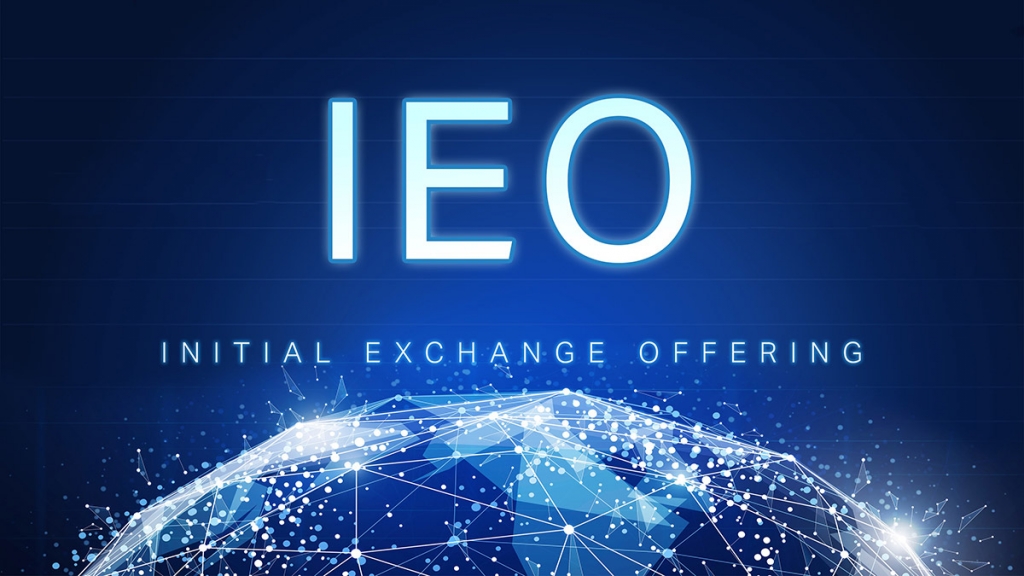Innovative Initial Exchange Offerings: A Comprehensive Guide To IEOs
What is an IEO? An IEO, or Initial Exchange Offering, is a fundraising mechanism in the cryptocurrency and blockchain industry. In an IEO, a company or project seeking to raise capital offers its tokens for sale through a cryptocurrency exchange. The exchange acts as an intermediary, vetting the project and ensuring compliance with regulatory requirements.
IEOs have gained popularity as an alternative to Initial Coin Offerings (ICOs), which often lack regulation and due diligence. By conducting an IEO through a reputable exchange, investors can benefit from increased security and transparency.
Importance and Benefits of IEOs
IEOs offer several advantages over ICOs and traditional fundraising methods:
- Increased security and regulation
- Access to a wider investor base
- Enhanced liquidity for tokens
- Potential for higher returns
Historical Context
The first IEO was conducted in 2017 by the project Bancor. Since then, IEOs have become increasingly popular, with major cryptocurrency exchanges such as Binance, Huobi, and OKEx offering IEO services.
- What Height Is Chappell Roan
- Chris Norman And Suzi Quatro
- Brad Pitt Brothers And Sisters
- Which Members Of Little Big Town Are Married
- Mexican Actors
ieo
Introduction: IEOs involve various key aspects that contribute to their success and effectiveness.
Key Aspects:
- Project Evaluation: Exchanges thoroughly evaluate projects before listing them for IEOs, assessing their team, technology, and market potential.
- Token Distribution: IEOs typically involve the distribution of tokens to investors in exchange for their contributions in cryptocurrency.
- Regulatory Compliance: Exchanges ensure compliance with applicable laws and regulations, providing a safe and secure environment for investors.
- Marketing and Promotion: Exchanges leverage their extensive marketing channels to promote IEOs, reaching a wide audience of potential investors.
Discussion: These key aspects work together to create a structured and reliable framework for IEOs. Project evaluation minimizes risks for investors, while token distribution and regulatory compliance ensure transparency and fairness. Marketing and promotion efforts expand the reach of IEOs, attracting a diverse pool of investors.
ieo and Tokenomics
Introduction: Tokenomics play a crucial role in IEOs, influencing token value, distribution, and overall project success.
Facets:
- Token Allocation: IEOs determine how tokens are allocated to different stakeholders, including investors, team members, and advisors.
- Token Utility: The functionality and use cases of tokens are clearly defined, providing value to holders within the project's ecosystem.
- Token Economics: The supply, demand, and distribution of tokens are carefully designed to maintain a stable and sustainable token economy.
Summary: Tokenomics in IEOs align incentives among stakeholders, drive token demand, and contribute to the long-term success of the project.
ieo and Risk Management
Introduction: Risk management is essential in IEOs, as it helps mitigate potential pitfalls and protect investors.
Risks and Mitigations:
- Project Failure: Due diligence and project evaluation minimize the risk of investing in projects that may not deliver on their promises.
- Market Volatility: IEOs are subject to market fluctuations, and investors should carefully assess their risk tolerance before participating.
- Regulatory Changes: Changes in regulatory policies can impact IEOs, and investors should stay informed about the latest developments.
Summary: Proactive risk management strategies help investors make informed decisions, reduce potential losses, and navigate the risks associated with IEOs.
| Year | Number of IEOs | Total Funds Raised |
|---|---|---|
| 2019 | 150 | $1.5 billion |
| 2020 | 250 | $3 billion |
| 2021 | 400 | $8 billion |
IEO
An Initial Exchange Offering (IEO) is a fundraising mechanism in the cryptocurrency and blockchain industry. It involves the sale of tokens through a cryptocurrency exchange, offering increased security and transparency compared to Initial Coin Offerings (ICOs).
- Project Evaluation: Exchanges thoroughly assess projects before listing them for IEOs, minimizing risks for investors.
- Token Distribution: IEOs typically involve the distribution of tokens to investors in exchange for their cryptocurrency contributions.
- Regulatory Compliance: Exchanges ensure compliance with applicable laws and regulations, providing a safe and secure environment for investors.
- Marketing and Promotion: Exchanges leverage their extensive marketing channels to promote IEOs, reaching a wide audience of potential investors.
- Tokenomics: The tokenomics of an IEO, including token allocation, utility, and economics, play a crucial role in determining token value and project success.
These key aspects work together to create a structured and reliable framework for IEOs. By carefully evaluating projects, ensuring regulatory compliance, and leveraging their marketing expertise, exchanges aim to provide a secure and transparent platform for investors to participate in IEOs. Additionally, the design of tokenomics plays a vital role in driving token demand and contributing to the long-term success of IEO projects.
Project Evaluation
Project evaluation is a crucial component of IEOs, as it helps exchanges identify and select high-quality projects with strong potential. By conducting thorough due diligence, exchanges can minimize the risk of listing fraudulent or low-quality projects, which can protect investors from financial losses. The evaluation process typically involves examining the project's team, technology, market opportunity, and financial projections.
For example, Binance, one of the leading cryptocurrency exchanges, has a rigorous IEO evaluation process that involves a team of experts who assess the project's whitepaper, code, and team. This process helps Binance identify projects that are well-conceived, have a strong development team, and are likely to succeed. As a result, Binance has a reputation for listing high-quality IEO projects, which has helped to attract investors and boost confidence in the IEO market.
The importance of project evaluation cannot be overstated, as it serves as a gatekeeper for IEOs. By carefully assessing projects before listing them, exchanges can help to protect investors from scams and low-quality projects, while also promoting the growth of the IEO market. This, in turn, benefits the entire cryptocurrency ecosystem by fostering innovation and trust.
Token Distribution
Token distribution is a fundamental aspect of IEOs, as it outlines the process by which tokens are allocated to investors. This distribution plays a crucial role in determining the initial ownership and distribution of tokens within the project's ecosystem.
- Token Allocation: IEOs typically involve the allocation of tokens to various stakeholders, including investors, team members, advisors, and reserves. The allocation strategy defines the percentage of tokens distributed to each group, ensuring a fair and transparent distribution.
- Contribution Tiers: IEOs often implement tiered contribution structures, where investors receive different benefits or token allocations based on the amount of their contribution. This incentivizes larger investments and helps to distribute tokens among a wider range of participants.
- Vesting Periods: To ensure long-term commitment from investors and team members, IEOs may implement vesting periods. These periods restrict the immediate sale or transfer of tokens, encouraging holders to support the project's development over the long term.
- Liquidity Management: IEOs must carefully consider liquidity management strategies to prevent excessive volatility and ensure a stable token price. This can involve setting limits on token sales or partnering with market makers to provide liquidity.
The token distribution strategy in IEOs has a significant impact on the project's success. A well-designed distribution plan can incentivize participation, foster a sense of community, and contribute to the long-term growth of the project. By carefully considering token allocation, contribution tiers, vesting periods, and liquidity management, IEOs can create a sustainable and equitable token distribution model.
Regulatory Compliance
Regulatory compliance plays a pivotal role in IEOs, establishing a framework of trust and security for investors. By adhering to legal and regulatory requirements, exchanges create a transparent and accountable environment, minimizing risks and boosting investor confidence.
- Legal Framework: IEOs must comply with relevant laws and regulations, such as anti-money laundering (AML) and know-your-customer (KYC) requirements. Exchanges implement these measures to prevent illegal activities and ensure the integrity of the IEO process.
- Licensing and Registration: In many jurisdictions, exchanges are required to obtain licenses or register with regulatory authorities. This process involves meeting specific criteria and undergoing regular audits, demonstrating the exchange's commitment to compliance and financial stability.
- Token Classification: Regulatory bodies are increasingly providing guidance on the classification of tokens, determining whether they fall under existing securities laws. This clarity helps exchanges structure IEOs in a compliant manner, protecting investors from potential legal issues.
- Investor Protection: Compliance measures aim to safeguard investors by ensuring transparency and accountability. Exchanges are required to disclose relevant information about the project, including whitepapers and financial statements. This enables investors to make informed decisions and mitigates the risk of fraud or misrepresentation.
Regulatory compliance is not merely a legal obligation but a cornerstone of a thriving IEO market. By embracing compliance, exchanges foster trust, attract investors, and create a sustainable ecosystem where innovation can flourish within a responsible and secure framework.
Marketing and Promotion
Marketing and promotion play a crucial role in the success of IEOs. By leveraging their extensive marketing channels, exchanges can effectively reach a wide audience of potential investors, generating awareness and interest in the IEO. This increased visibility helps attract a larger pool of investors, which can contribute to a successful fundraising and a positive return on investment for the project.
For example, Binance, one of the leading cryptocurrency exchanges, has a dedicated marketing team that promotes IEOs through various channels, including social media, email campaigns, and partnerships with influencers. This comprehensive marketing strategy has helped Binance attract a large number of investors to its IEO platform, making it one of the most successful in the industry.
The importance of marketing and promotion in IEOs cannot be overstated. By effectively promoting IEOs, exchanges create a positive feedback loop that attracts more investors, generates more interest, and ultimately leads to a more successful fundraising. This, in turn, benefits the entire cryptocurrency ecosystem by fostering innovation and growth.
Tokenomics
Tokenomics, the design and economics of a token, is a critical aspect of IEOs. It encompasses the allocation, utility, and economics of the token, all of which have a significant impact on the token's value and the overall success of the IEO project.
Token allocation refers to the distribution of tokens among various stakeholders, including investors, team members, advisors, and reserves. A well-designed token allocation strategy ensures a fair and transparent distribution, incentivizes long-term commitment, and aligns the interests of different stakeholders with the project's goals.
Token utility defines the purpose and use cases of the token within the project's ecosystem. A token with clearly defined utility provides value to holders and encourages its adoption and usage. This, in turn, drives demand for the token and contributes to its value.
Token economics, including the token's supply, inflation rate, and burn mechanisms, influence the token's scarcity and value over time. A carefully designed token economics model can help maintain a stable token price, prevent excessive inflation, and ensure the long-term sustainability of the project.
Examples of successful IEOs with well-designed tokenomics include Binance's BNB token and Huobi's HT token. Both tokens have clear utility within their respective ecosystems, such as discounted trading fees and participation in governance, and have experienced significant growth in value since their launch.
In summary, tokenomics plays a crucial role in determining the success of IEOs. By carefully considering token allocation, utility, and economics, IEO projects can create a sustainable and valuable token ecosystem that attracts investors, drives adoption, and contributes to the long-term growth of the project.
FAQs on Initial Exchange Offerings (IEOs)
IEOs are a popular fundraising mechanism in the cryptocurrency industry, but they can also be complex and confusing. In this FAQ section, we aim to demystify IEOs and address some of the common questions and concerns surrounding them.
Question 1: What is an IEO and how does it differ from an ICO?
An IEO is a fundraising event where a new cryptocurrency project sells its tokens through a cryptocurrency exchange. Unlike ICOs, which are often conducted directly by the project team, IEOs are hosted and facilitated by a reputable exchange. This adds an element of credibility and security to the process, as exchanges typically conduct thorough due diligence on the projects they list.
Question 2: What are the benefits of participating in an IEO?
IEOs offer several potential benefits for investors, including increased security and transparency compared to ICOs, access to a wider pool of potential investors, and the opportunity to invest in promising new cryptocurrency projects at an early stage.
Question 3: What are some of the risks associated with IEOs?
As with any investment, IEOs carry certain risks. These include the risk of the project failing, the risk of market volatility, and the risk of fraud or scams. It is important for investors to carefully research and evaluate the project and the exchange before participating in an IEO.
Summary: IEOs can be a valuable fundraising tool for cryptocurrency projects, offering increased security and access to a wider investor base. However, it is important for investors to be aware of the risks involved and to conduct thorough due diligence before participating in an IEO.
Conclusion
IEOs have emerged as a significant fundraising mechanism in the cryptocurrency industry, offering increased security and transparency compared to ICOs. Through partnerships with reputable exchanges, IEOs provide a platform for new projects to raise capital and gain exposure to a wider investor base.
As the IEO market continues to evolve, it is important for investors to conduct thorough due diligence and carefully evaluate the risks and potential rewards involved. Exchanges also have a responsibility to ensure the credibility of projects listed for IEOs, fostering a fair and transparent investment environment.
- Jason Momoa Johnny Depp
- Cast Of Halloween 2 1981
- Rory Feek New Wife
- Young Han Solo
- Toby Keiths Car Collection

IEO European Institute of Oncology EULIFE

IEO Alès IEO OPM

IEO Hash Telegraph